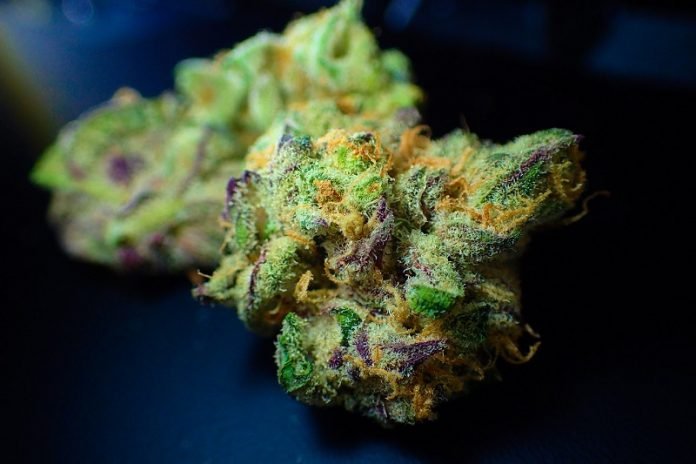
In a new study, researchers found nearly 50% of Americans who use marijuana use the substance help them cope with an illness, rather than just to get high.
Only 22% of pot users say they use marijuana for recreation.
The research was conducted by a team from the University of Nebraska.
Medical marijuana is allowed in 33 U.S. states and the District of Columbia.
The researchers examined data on more than 169,000 U.S. men and women who took part in a telephone survey in 2016 and 2017.
They found that people with medical conditions were more likely to use marijuana than those without health problems.
Adults with medical conditions have an increased risk of using marijuana, especially those with respiratory conditions, cancer, and depression.
In addition, marijuana use was greater among young adults, especially those with asthma, chronic obstructive pulmonary disease (COPD), arthritis, cancer, and depression, than among older people.
Use of medical marijuana ranged from 25% among 18- to 24-year-olds to 2% of those 65 and older.
Daily pot smoking also decreased with age—from 11% of young adults to fewer than 1% of seniors.
Although marijuana is available in many forms, about 3 out of 4 people surveyed said they smoked it.
The team says there’s still too little data on pot’s usefulness against a variety of health issues, so patients who are taking marijuana for a medical condition should be informed of evidence of efficacy and adverse effects for that condition.
Those who use marijuana recreationally should also be informed of the negative health effects and benefits of marijuana consumption.
Negative side effects of marijuana use include hallucinations, mood changes, increased heart rate, nausea, as well as changes in blood pressure, breathing, memory, and concentration.
The lead author of the study is Hongying “Daisy” Dai, an associate professor in the College of Public Health.
The study is published in the journal JAMA Network Open.
Copyright © 2019 Knowridge Science Report. All rights reserved.



